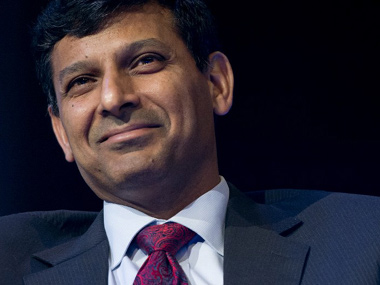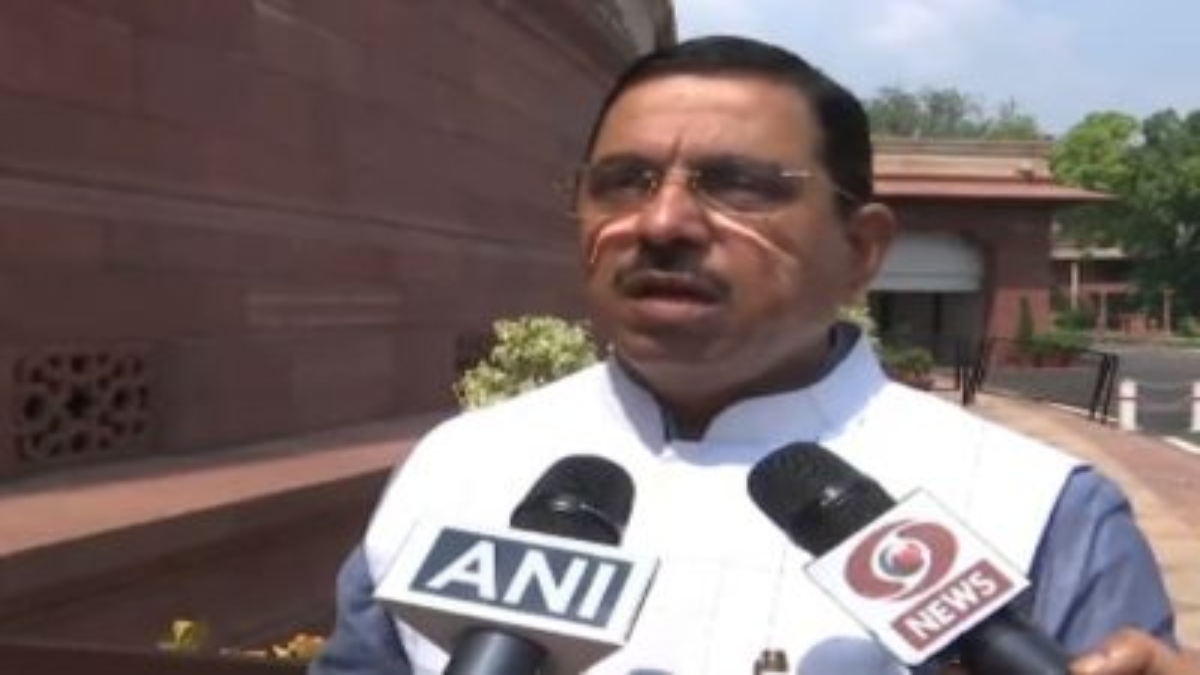In his last public speech made in the capacity of the Reserve Bank of India (RBI) governor, Raghuram Rajan chose to speak on the central bank’s independence — a topic many of his predecessors at RBI have dealt with in the past.
Recalling former governor D Subbarao’s words, Rajan pointed out why the RBI cannot merely exist and how the institution’s ability to say “No!” has to be protected, even though it still has to work under a framework set by the Government. Also, Rajan made a strong case for the RBI governor to be treated as the most important technocrat in charge of economic policy given the importance of that role.
In his three-year term at RBI that began on 4 September, 2013 Rajan has mostly sought to play down the differences between the central bank and the government or on RBI’s autonomy, suggesting there is a healthy relation between the two establishments. That begs the question: Why did he, Rajan, an otherwise outspoken RBI governor, wait till his exit date to raise the issue of RBI’s independence and right to reject government proposals? What message does Rajan want to send out now with his SOS call for RBI’s autonomy in his last public speech? Rajan’s predecessor Subbarao too had opened up what he thought of the then-government much after his exit from the RBI through a tell-all book. Probably, the outgoing governor didn’t want to irk the government the institution it worked under by raising autonomy issues while in office. In other words, he, like Subbarao preferred to play safe.
Nevertheless, the issues raised by Rajan in his speech are crucial in the current context. Let’s once again go back to what the governor sought — the right to say “No” and an RBI governor with the position of “most important technocrat”. These words carry much complex and deeper meanings as far the central bank-government relations go. But, there are three specific contexts where the RBI governor’s autonomy talk assumes significance.
Three reasons
First, in the specific context of the ongoing process to formulate the 6-member joint Monetary Policy Committee (MPC) that will henceforth decide the inflation target and thus effectively chart the course of the monetary policy. According to the broader contours laid out, the committee will have equal members from both sides (RBI and government) with the RBI governor, who will be one of the members of the panel, having a casting vote in case of a tie. Going ahead, the RBI policies wouldn’t be something decided by one individual — the RBI governor — but the MPC in which the RBI is only one party.
There are likelihoods of clashes emerging on the policy course given that the central bank and the government typically attach more weight to financial stability (inflation control) and growth respectively. If the inflation target is set lower( as the is the case presently, with both agreeing on 4 per cent), that would also mean the RBI will have to take a highly cautious stance on cutting interest rates, which might not be always agreeable to the government. This is because the political establishment typically takes a short-term view and would want to show higher growth, rather than tolerating short-term pain to set the house in order with a long-term view. Governments fear that if results aren’t shown in their term, the votes wouldn’t reward their good intentions. For the time being, there aren’t any problems for the RBI since the government has in principle agreed to the 4 percent target.
Nevertheless, the RBI having an upper hand in deciding the monetary policy course is crucial since the calls for rate cuts can come from the government formally or informally. Take for instance, the demand from Union Commerce Minister Nirmala Sitharaman, who argued for a 200 basis points rate cut from the RBI to enable banks lend cheaper money to micro, small and medium enterprises. Sitharaman made this demand at a time the RBI is struggling to keep the retail inflation within its comfort zone and is fighting upside risks to inflation. In a recent article , Firstpost had argued why the minister’s demand is based on flawed logic. The problem is when a union minister holding an important portfolio makes a public pitch for rate cut, it automatically puts pressure on the central bank.
Some of Rajan’s prominent critics, such as BJP MP Subramanian Swamy too had asked for sharper rate cuts to support growth. Rajan, in his speech, has made a strong case to clearly outline the central bank’s responsibilities to addresses such critics stating: The inflation objectives recently set for the RBI by the Government are an example of what is needed. Critics can lambast the RBI if it fails continuously to meet the objectives, but if they want it to lower interest rates even when the RBI barely meets its objectives, they should instead petition the Government to change the objectives.
The second context, where a clear definition for the central bank’s independence is required, according to Rajan, is on the issue of oversight of RBI’s activities by multiple authorities in the government. Obviously, the central bank seems to be unhappy explaining to government departments or ministries with no real understanding into the RBI’s functions. Rajan puts it this way. “There are always government entities that are seeking oversight over various aspects of the RBI’s activities. Multiple layers of scrutiny, especially by entities that do not have the technical understanding, will only hamper decision making.”
The message here is clear. Don’t meddle with the central bank’s job, if you don’t understand it. Instead, the government-appointed RBI Board, which includes ex-officio government officials as well as government appointees, should continue to play its key oversight role, Rajan said, adding it is equally important that the Parliament too understands what the central bank is doing.
Third, the issue of dividend transfer from the RBI to the government. Rajan says there needs to be a framework on the quantum of the dividend that can be transferred to the government though the government can expect the central bank to transfer its entire surplus. “The RBI Board has adopted a risk management framework which indicates the level of equity the RBI needs, given the risks it faces. The dividend policy of the RBI then becomes a technical matter of how much residual surplus is available each year after bolstering equity. Frameworks thus reduce the space for differences,” Rajan said in the speech.
The outgoing governor also argues why giving special dividends to the government don’t really help the latte with its budgetary constraints citing this reason. “Much of the surplus we make comes from the interest we get on government assets or from the capital gains we make off other market participants. When we pay this to the government as dividends, we are putting back into the system the money we made from it – there is no additional money printing or reserve creation involved\
These are the contexts where Rajan seems to have an issue on the lack of clarity on – RBI’s independence or concerning the apex bank’s ability to say “No" and, the need for recognizing the central bank governor as the most important technocrat who is only answerable to the Prime Minister, Finance Minister and the Parliament, not multiple layers of authorities in the government.
Rajan has put these issues across well in his final speech for wider public debate. The task is now left for his long-time lieutenant on the inflation battle and successor, Urjit Patel, to take the argument ahead. Over to you, RBI governor Patel.


)




)
)
)
)
)
)
)
)